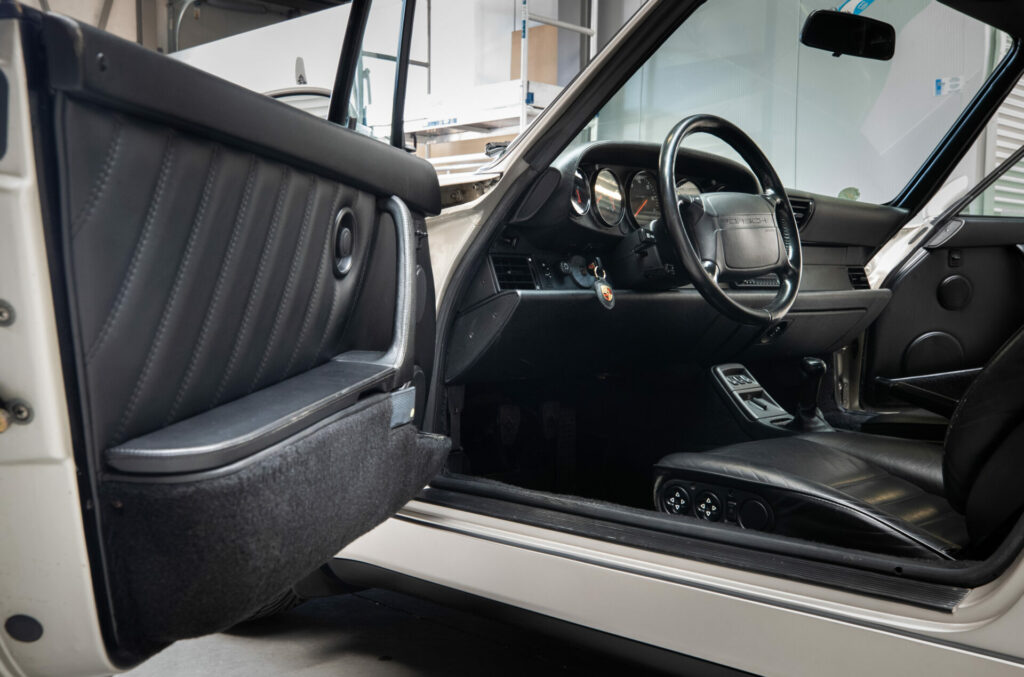Until recently, purchasing a second-hand car in Belgium could prove risky for fraud. To better combat this, a new mechanism will now receive an upgrade to better protect consumers from fraudulent sales.
In 2006, a document named Car-Pass was created to ensure the sale of used cars was legitimate, which helped eradicate mileage fraud. On Thursday, the Federal Parliament's Economy Committee voted the legislative amendment of this Car-Pass, which will see it undergo a major upgrade.
The second-hand car market has experienced a strong revival. Last year, 839,890 Car-Pass documents were issued across the country — while the type of cars sold has also changed significantly, which means the document already had to be upgraded several times. Now, in consultation with the sector, Car-Pass will get a real upgrade from 1 July 2023.
"In recent years, consumers have been buying more and more second-hand cars. In this respect, it is incredibly important that consumers know what they are buying. This new update provides even more information for consumers and thus protects them much better," State Secretary for Consumer Protection Alexia Bertrand said.
Four key changes
The upgrade consists of four elements. Firstly, by 1 July 2023 at the latest, the seller must include information on whether the car has an electric (auxiliary) motor. For electric cars, the electric radius also had to be included from this date onwards, while for non-electric vehicles, the fuel type must be included.
From 1 January 2024, garage owners will also have to include information about the works that have been carried out on the car that will be sold. This information will be added to the Car-Pass (available electronically via the Car-Pass website, via a QR code or by telephone).
"The upgrade will give consumers a better idea of the value of a used vehicle and the used-vehicle sector will gain in transparency and credibility," Bertrand noted in a statement.
Another major change is in terms of data distribution. The information Car-Pass processes regarding mileage reading (up to 16 million such readings are done annually) will be shared with European, federal and regional government departments, as well as universities and research institutes to be used in statistics or consumer surveys.
Related News
- Highest number of car accidents involving alcohol since 2016
- Western sanctions prompt Russia to start producing new model of Soviet car
"Of course, this will be done in a way that respects the protection of privacy, including personal data processing legislation."
Used vehicles coming from abroad are not yet subjected to the Car-Pass, which increases the risk of fraudulent mileage readings. For this reason, Bertrand will continue to activate a similar principle to be introduced on the European level.

